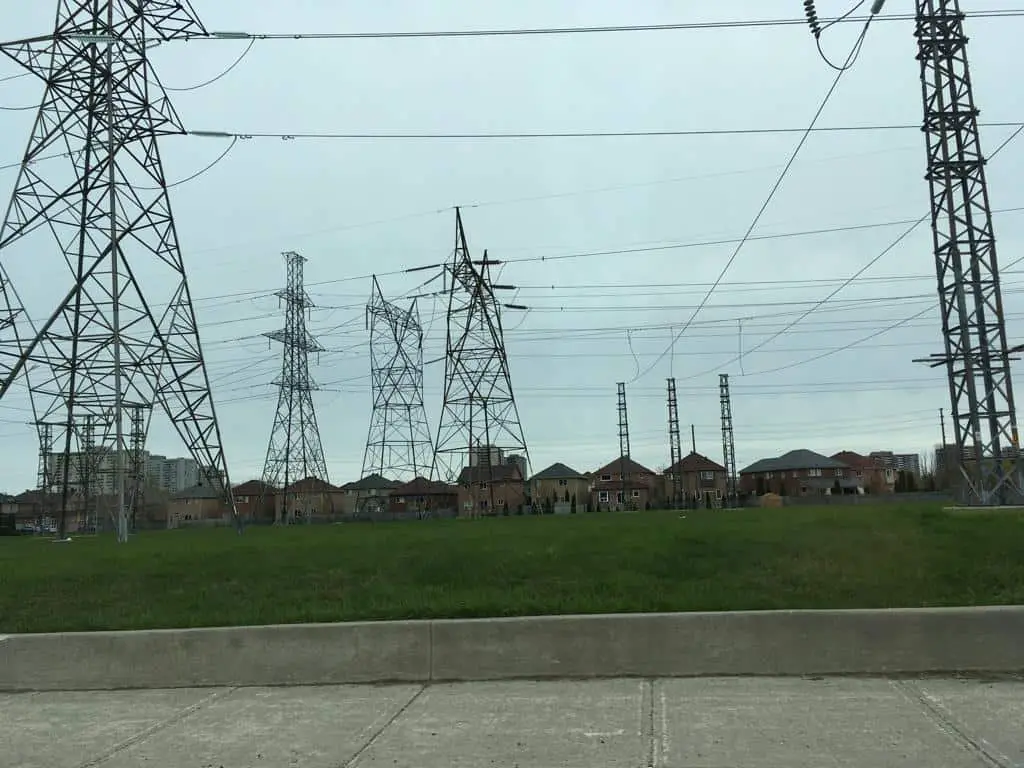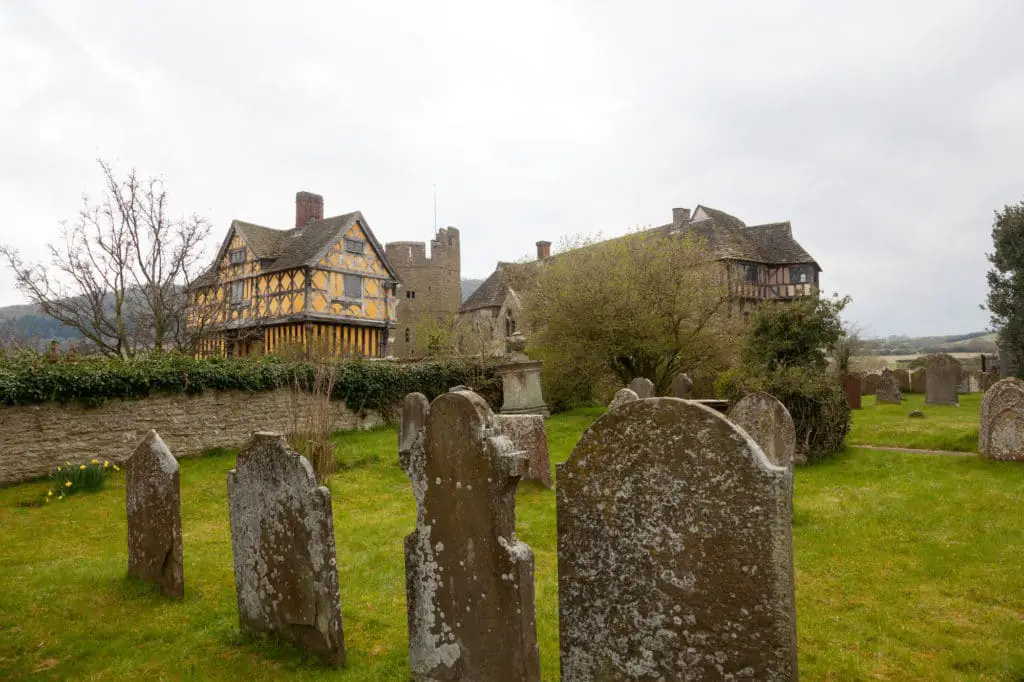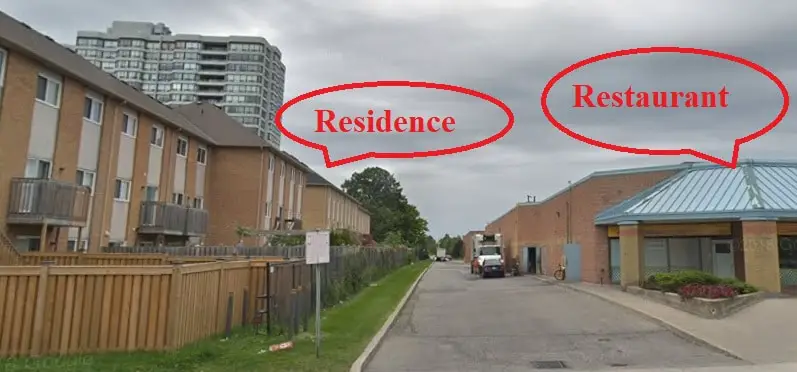(**) Disclosure: This post may contain affiliate links, meaning our company, JCHQ Publishing will get a commission if you decide to make a purchase through the links, but at no additional cost to you.
I’m sitting at my home office now and thinking about what could I do to increase the value of my house. There are several things I could do – for instance, replace an old roof, renovate the kitchen, change the floor tiles. However, there are still many external factors that are beyond my control.
External obsolescence is a factor that lowers the value of a home due to external elements to the property. Typically speaking, it is incurable on the part of the homeowner.
I did some research on the different types of external obsolescence and the valid reasons why it could be a concern for potential homebuyers. Perhaps, you could put them into consideration when developing the next property appraisal.
Example of External obsolescence
1) Busy Road
This is an excellent analogy of external obsolescence. Many houses are located next to a freeway, main street or at a busy corner. As you could imagine, occupants in those homes could suffer from extra noise, dust, and pollution.
A couple of years ago, I went to a viewing of two houses on the same street. Their layout, house condition, and all interior factors are almost identical. Also, they are both corner-lots units.
However, one is facing a busy main street, and the other is located at the dead-end of the street. The latter one is at a much more quiet space since cars seldom would drive by the house. Not surprisingly, the one next to the busy road ended up selling at a discount.
2) Gas Station
Having a gas station next to a house is a certainly deal breaker in many real estate transactions. This is something that concerns many potential property buyers.
Not only you would suffer from the terrible gasoline smell, and a constant flow of strangers near your property, but there could be health issues involved. Although there are health and safety guidelines gas stations must follow, they still pose high risks to neighbors, particularly to children.
“Some of the perils include ground-level ozone caused in part by gasoline fumes, groundwater hazards from petroleum products leaking into the ground, and exposure hazards from other chemicals that might be used at the station if it’s also a repair shop.”
Quote from the Scientific American.
If you were buying a home next to a gas station, think about the potential loss in value when a nearby underground storage tank were to leak.
3) High Voltage Tower

Many worldwide studies have shown that living next to high voltage tower lines could increase the risk of cancer and other health issues. The tower would generate Electromagnetic Fields (EMF). According to research and studies conducted by the World Health Organization (WHO), EMF can cause:
- Anxiety
- Fatigue
- Headaches
- Insomnia
- Muscle pain
- Prickling and burning skin
- Rashes
Although there is installation such as EMF Adapter that is designed to reduce the negative impact, many people remain concerned about living next to a power line.
4) Train

This is another common example of external obsolescence. Although many municipalities have established laws where locomotive horns cannot be routinely sounded in quiet zones of residential areas, the homeowners could still suffer from extra noise and dust of trains passing by.
Furthermore, the constant rumbling vibration could severely affect the foundation of the house in the long run. Despite accidents might rarely happen, there had been incidents where trains derailed and spilled out toxic materials which severely affect nearby residences.
The Entrepreneur magazine conducted a study back in 1996 and 1999, they reviewed the sale price of homes near freight railroad tracks in Cuyahoga County. They concluded that there was a significant price reduction for smaller sized houses.
The findings indicate an average loss in value between $3,800 and $5,800 (5%-7%) for houses under 1,250 square feet located within 750 feet from a railroad track
– Quote from the Entrepreneur magazine
5) Graveyard

Whenever I talked about living in a house next to a cemetery, people often relate to panoramic activities – for instance, a door suddenly closes or a drawer opens by itself.
Yesterday, I just read an article from Realtor.com. At least, their author did not have such a haunted experience living close to a cemetery. In fact, she enjoyed the quiet and peace of the surrounding area. However, she did notice that the median prices of properties that are close to the cemetery were about 12% lower than similar homes in the neighborhood.
Although superstition is difficult to prove, there is another scientific concern about living close to a graveyard. According to a publication from the International Journal of Environmental Research and Public Health , there was a case study conducted to a cemetery in South Africa. They found that could be mineral contamination from the cemetery soils. The burial of coffins consists of metals and paints may produce harmful toxins. These unwanted chemicals may corrode into the soil and release into groundwater which could pose risks to the surrounding environment.
6) Restaurant

This photo is just to illustrate the proximity between houses and a restaurant. The description in the paragraphs below do not reflect the actual condition of the properties or restaurants in this picture.
Despite having nearby restaurants is convenient in getting a meal, if they are too close to your house, there will be a severe cleanliness issue.
I have seen houses that are located right behind restaurants. In between, there is just a narrow hallway which fills with wasted foods, garbages and a ground covered with unclean water.
Although the garbage bins are already tightly locked, you could still see cockroaches and other termites flying around. During the nighttime, there would be mice, raccoons and other animals searching around the area.
Homeowners also said that whenever they open the window, the terrible smell from the garbage and the restaurant range hood could flow into their house. They purchase the property only because it was priced cheaply and was within their budget.
Related Questions
1) What is the difference between external obsolescence and functional obsolescence?
External obsolescence is external factors which negatively affect the appraisal value of a property. On the other hand, functional obsolescence is a depreciation caused by the interior structure or layout of the house, which does not meet the expectation of the market.
For instance, if most people in the neighborhood expect there will be 2 bathrooms for a 4 bedrooms house, but yours only have 1 bathroom, then this could be considered as functionally obsolete. Here’s an article about functional obsolescence in real estate.
2) What are other external factors which could impact the appraisal value?
Economic obsolescence may include a rise in crime rate and low employment rate in the neighborhood. They are incurable obsolescence.
Conclusion
Although homeowners could stage their property and work on home improvement to bring up the value, external factors are usually beyond their control. Many external obsolescences simply do not mix well with residential properties.
Besides the ones we just discussed, there are many other external obsolescences that we did not cover. For instance, if a house is located close by an industrial factory, casino, strip club, homeless shelter or airport , then its value could be negatively affected. Not to mention the drug problem or the crime rate in the neighborhood could be a severe impact as well.
Therefore, when you are conducting a real estate appraisal, it’s important to put these external factors into consideration.
Taking high-quality appraisal courses allows you to keep up with the best practices and remain competitive in the industry. When choosing a real estate school to complete the CE requirement, selecting one with an excellent reputation is important. McKissock is a trustworthy real estate education provider. Check out the McKissock Appraisal CE Membership (**), where you can get unlimited access to hundreds of appraisal continuing education courses, the latest national USPAP course, specialty skills training, and niche certifications.
(**) Affiliate Disclosure: Please note that some of the links above are affiliate links, and at no additional cost to you. Our company, JCHQ Publishing will earn a commission if you decide to make a purchase after clicking on the link. Please understand that we include them based on our experience or the research on these companies or products, and we recommend them because they are helpful and useful, not because of the small commissions we make if you decide to buy something through the links. Please do not spend any money on these products unless you feel you need them or that they will help you achieve your goals.
Disclaimer: The information in this post is for general information only, and not intend to provide any advice. They are subjected to change any notice, and not guaranteed to be error-free. For full and exact details, please contact the Appraisal Board in your state and refer to the specific requirement from your lenders.
Reference:
- ScientificAmerican.com- Is It Safe to Live Near a Gas Station?
- EMF Pollution from Living Near Power Lines
- Entrepreneur- The effect of freight railroad tracks and train activity on residential property values
- Realtor.com – I Bought a Home Next to a Cemetery, and You Won’t Believe What It’s Like
- International Journal of Environmental Research and Public Health – Mineral Contamination from Cemetery Soils

